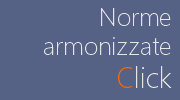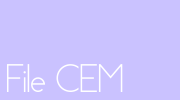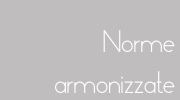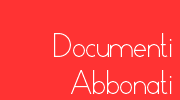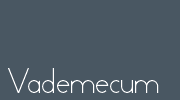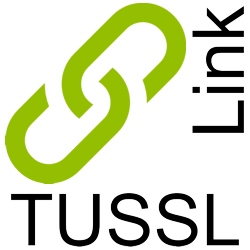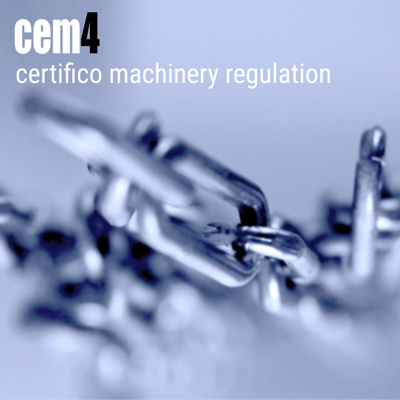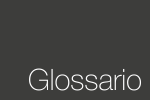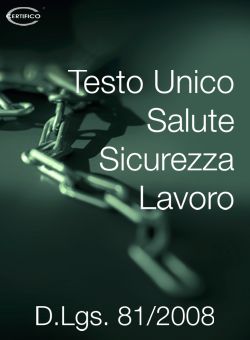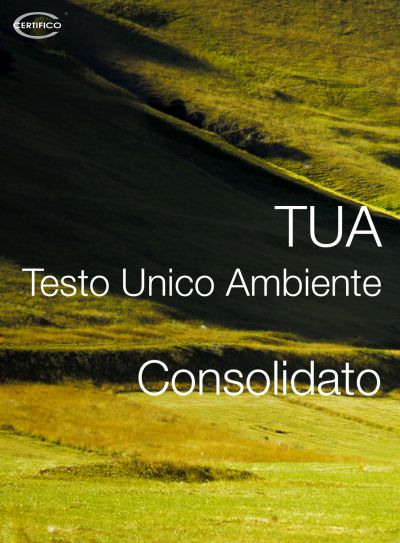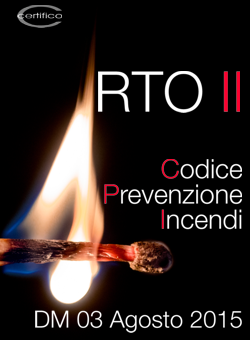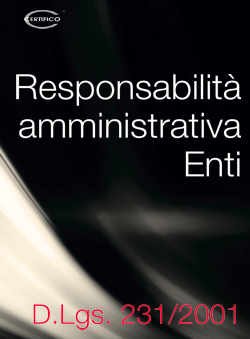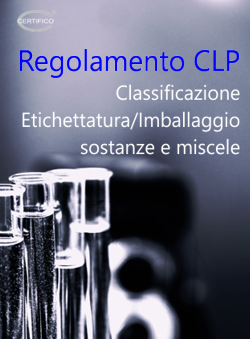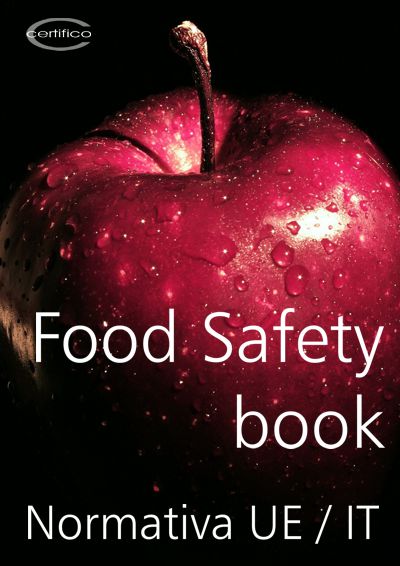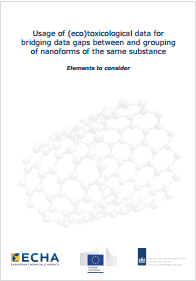New approach on hazard assessment for nanoforms
| ID 2424 | | Visite: 7014 | Documenti Chemicals ECHA | Permalink: https://www.certifico.com/id/2424 |
New approach on hazard assessment for nanoforms
Usage of (eco)toxicological data for bridging data gaps between and grouping of nanoforms of the same substance
A new publication by ECHA, RIVM and the JRC illustrates how to use data for different nanoforms within the same substance registration. The approach will form a cornerstone in the future guidance development on hazard assessment for nanoforms.
The paper ‘Usage of (eco)toxicological data for bridging data gaps between and grouping of nanoforms of the same substance - Elements to consider' is a scientific reference paper. At EU level, it offers regulators, researchers, industry and NGOs an approach of how to scientifically justify that studies on one nanoform of a substance can be used to predict the hazard properties of other forms of the same substance.
The paper outlines a stepwise approach to identify opportunities for using data between nanoforms within the same substance registration. The identification is based on grouping through an assessment of physicochemical properties and in vitro screening methods. This may allow for a hazard assessment of several nanoforms of the same substance, minimising the testing needed including testing on animals, and therefore also minimising costs.
The approach will form a cornerstone in the future guidance development on hazard assessment of nanoforms at EU and OECD level. It is a joint publication between the European Chemicals Agency (ECHA), the Joint Research Centre (JRC) and the Dutch National Institute for Public Health and the Environment (RIVM). EU Member States, NGOs and industry have been consulted throughout the drafting process.
Background
Grouping of nanoforms of the same substance makes it possible to assess more than one nanoform based on the same dataset. Nanoforms may be grouped with the use of distinct borders, e.g. similarities in the physicochemical behaviour or in the results from in vitro screening methods. Once such a group is formed, the relevant endpoint data may be shared among its members. Grouping is an alternative way, a so called adaptation, to reduce testing while still meeting the REACH data requirements to ensure the safe use of chemicals.
ECHA 2016
| Descrizione | Livello | Dimensione | Downloads | |
|---|---|---|---|---|
| New approach on hazard assessment for nanoforms.pdf ECHA 2016 |
938 kB | 4 |


































